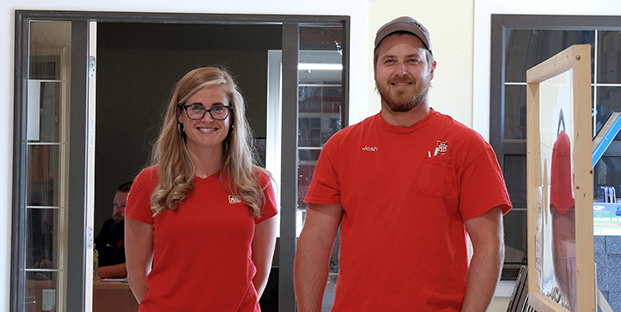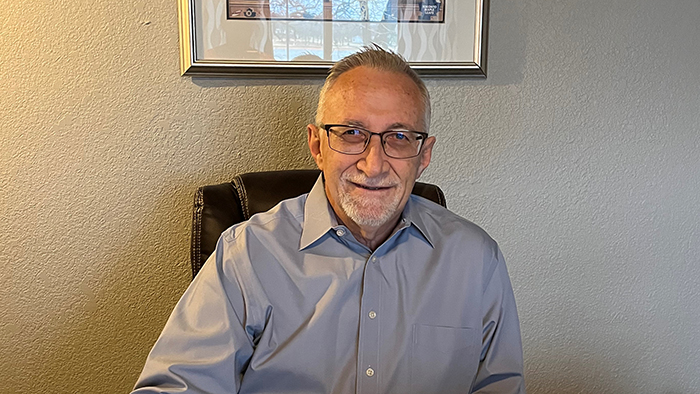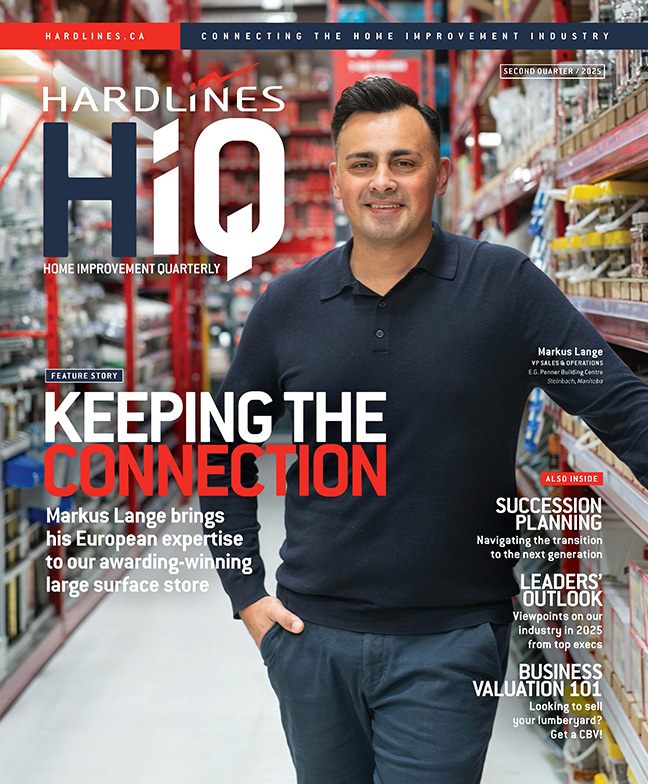By HR and health & safety consultancy Peninsula Canada
Handling poor performance in the workplace is a crucial aspect of effective management, requiring a thoughtful and constructive approach that benefits both the employee and the organization.
First, open and clear communication is essential. Managers should initiate a private conversation with the underperforming employee to discuss concerns, gather their perspective, and understand any underlying issues contributing to their sub-par performance. It should be conducted in an empathetic manner, focusing on finding solutions rather than placing blame.
Setting clear expectations and goals is another critical step. Employees should be aware of what is expected of them and how their performance will be measured. Clearly defined objectives provide a roadmap for improvement and serve as a basis for performance evaluations. Moreover, managers should offer constructive feedback regularly, highlighting areas for improvement and acknowledging accomplishments.
Support and training are vital components of addressing poor performance. Sometimes, employees may lack the necessary skills or knowledge to excel in their roles. In such cases, providing training and development opportunities can help them acquire the competencies they need to succeed. Additionally, offering ongoing support and mentorship can boost morale and motivation, facilitating performance improvement.
Implementing a performance improvement plan (PIP) can be an effective strategy. A PIP outlines specific actions, goals, and timelines an employee can follow to enhance their performance. This should be a collaborative effort between the employee and manager, with regular check-ins to track progress. However, it’s important to make the PIP a positive and growth-oriented tool rather than a punitive measure.
In some cases, despite all efforts, poor performance may persist, leading to the need for more decisive action. Termination should be a last resort but may be necessary if the employee is unable or unwilling to improve, as sustained poor performance can negatively impact team morale and overall productivity.
Peninsula is a trusted HR and health and safety advisory company, serving over 6,000 small businesses across Canada. Clients are supported with ongoing updates of their workplace documentation and policies as legislation changes. Additionally, clients benefit from access to a 24/7 employer HR and OHS advice line and coverage on legal through the Peninsula Protect service promise.


 One of the things that sets Sundre Home Hardware Building Centre apart is that the business has always treated its staff and customers like family—a big family with 33 full-time staff and six part-timers. Josh Hengen and his sister, Nicole Weatherbee, are the third-generation owners of the family business.
One of the things that sets Sundre Home Hardware Building Centre apart is that the business has always treated its staff and customers like family—a big family with 33 full-time staff and six part-timers. Josh Hengen and his sister, Nicole Weatherbee, are the third-generation owners of the family business.
 “Walmart Canada has announced that it will invest in its staff to help them cover the costs of getting an education. Through its Live Better U (LBU) education program, the giant retailer will lay out $50 million over five years for the program, to “cover the cost of tuition, books, and course fees for associates,” the company said in a release.
“Walmart Canada has announced that it will invest in its staff to help them cover the costs of getting an education. Through its Live Better U (LBU) education program, the giant retailer will lay out $50 million over five years for the program, to “cover the cost of tuition, books, and course fees for associates,” the company said in a release. Wolf Gugler is president of Wolf Gugler Executive Search. He specializes in landing roles for hardware companies in Canada and the U.S., especially in sales and marketing. With Canada’s unemployment rate running at 5.5 percent last month, “It’s still a candidate’s market,” he says.
Wolf Gugler is president of Wolf Gugler Executive Search. He specializes in landing roles for hardware companies in Canada and the U.S., especially in sales and marketing. With Canada’s unemployment rate running at 5.5 percent last month, “It’s still a candidate’s market,” he says. “If you want something done right, do it yourself” is a well-worn cliché. But, as Zaida Fazlic, Taiga Building Products’ VP of people, culture, and change management, explains in an upcoming Hardlines podcast, it makes for poor management advice.
“If you want something done right, do it yourself” is a well-worn cliché. But, as Zaida Fazlic, Taiga Building Products’ VP of people, culture, and change management, explains in an upcoming Hardlines podcast, it makes for poor management advice.